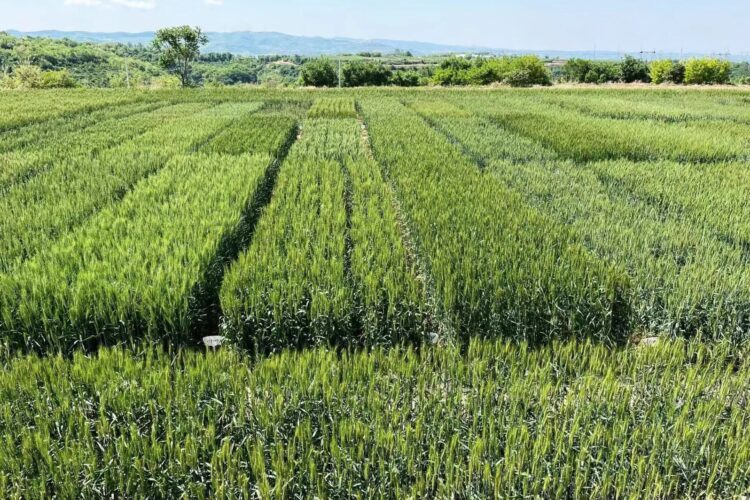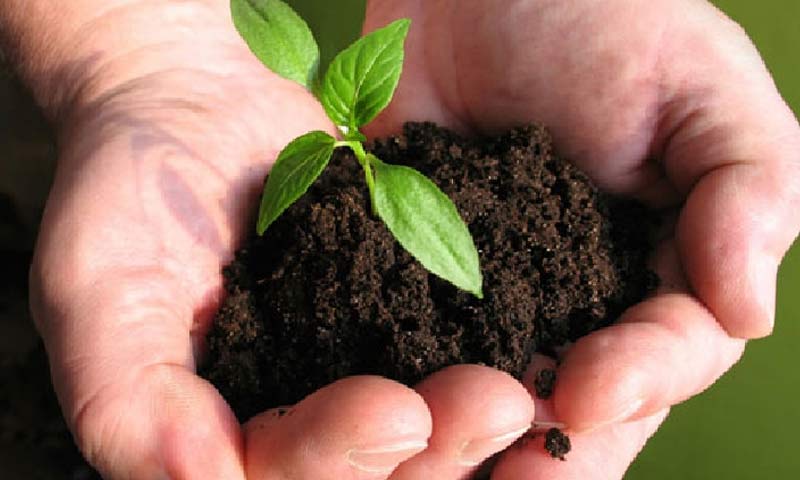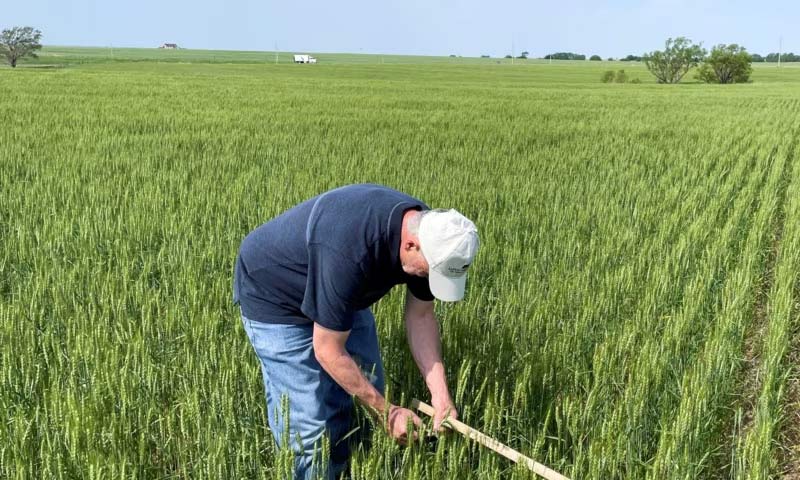Benefits of Using Compost
Compost is an essential component of organic farming, providing numerous benefits to both soil and plants. It improves soil structure, enhances water retention, and supplies essential nutrients. Additionally, compost promotes beneficial microbial activity, which helps suppress plant diseases and pests.
Guide to Selecting Compost Based on Crop Type
Choosing the right compost involves understanding the specific needs of your crops and the characteristics of available compost materials. Here’s a guide to help you select the ideal compost for different types of crops:
1. Leafy Greens (e.g., Lettuce, Spinach)
- Nutrient Needs: High in nitrogen
- Recommended Compost: Use compost rich in green materials like grass clippings or vegetable scraps, which are higher in nitrogen.
2. Root Vegetables (e.g., Carrots, Potatoes)
- Nutrient Needs: Balanced nutrients with good drainage
- Recommended Compost: Well-aged compost with a mix of green and brown materials to ensure balanced nutrient content and improved soil aeration.
3. Fruit-Bearing Plants (e.g., Tomatoes, Peppers)
- Nutrient Needs: High in potassium and phosphorus
- Recommended Compost: Compost enriched with bone meal or rock phosphate for phosphorus, and wood ash for potassium.
4. Legumes (e.g., Beans, Peas)
- Nutrient Needs: Moderate nutrients, nitrogen-fixing capability
- Recommended Compost: Light compost with good drainage properties to avoid waterlogging. Compost made from straw or shredded leaves can be beneficial.
Table of Compost Recommendations for Common Crops
| Crop Type | Nutrient Focus | Recommended Compost |
| Leafy Greens | High Nitrogen | Grass clippings, vegetable scraps |
| Root Vegetables | Balanced | Aged compost with mixed materials |
| Fruit-Bearing | High P & K | Bone meal, wood ash enriched compost |
| Legumes | Light, Drainage | Straw, shredded leaves |
FAQ
1. How does compost benefit soil and plants?
Compost enhances soil fertility, improves structure, retains moisture, and fosters beneficial microbial activity, leading to healthier plants.
2. Can I use the same compost for all crops?
While a general-purpose compost can benefit many crops, tailoring compost to specific crop needs can optimize growth and yield.
3. How can I make my own compost at home?
To make compost, combine green materials (high in nitrogen) with brown materials (high in carbon) in a balanced ratio, ensure proper aeration, and maintain moisture until decomposition is complete.
Choosing the right compost for your crops can significantly impact their growth and productivity. By understanding the specific nutrient needs of each crop and selecting compost accordingly, you can enhance your organic farming efforts and achieve better results.






